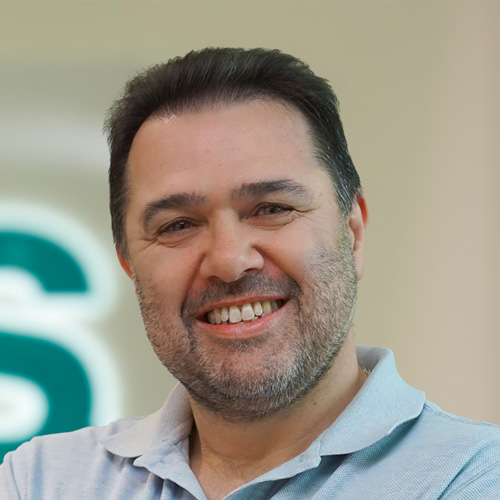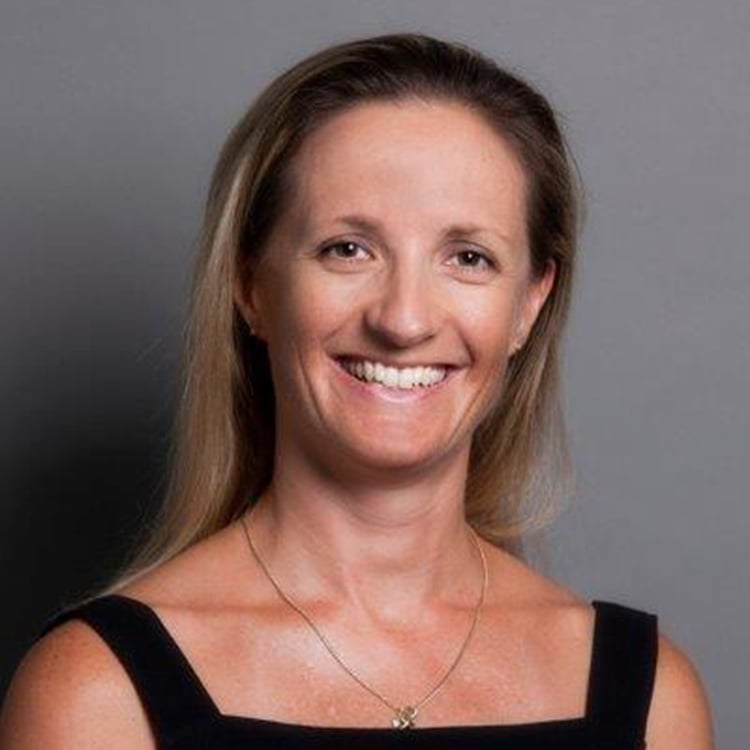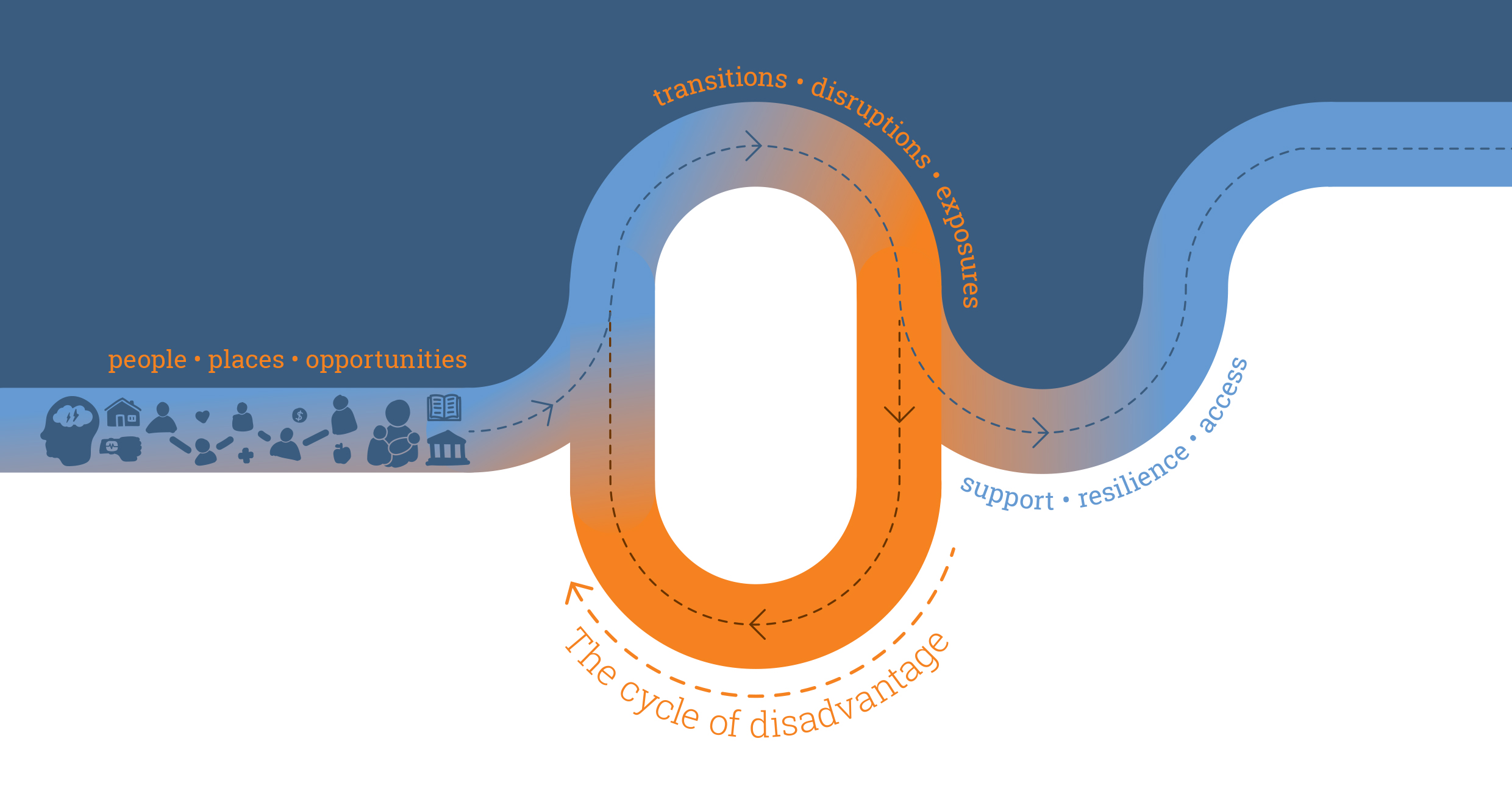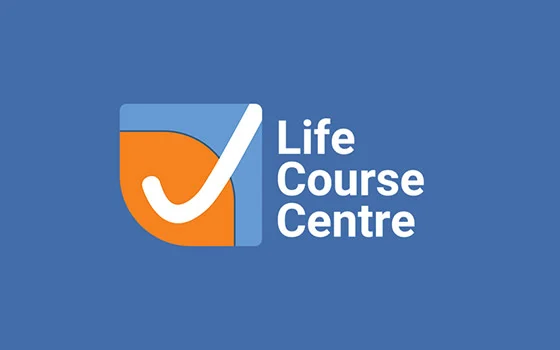Transformative research towards breaking the cycle of deep and persistent disadvantage in Australia
Chief Investigators

Team Head, Human Development and Community Wellbeing Team
francis.mitrou@thekids.org.au
08 6319 1499

BSc (1st Class Hons), PhD (Distinction) W.Aust.
Head, Child Physical Activity, Health and Development; Ascend Senior Research Fellow
hayley.christian@thekids.org.au
08 6319 1040
https://www.linkedin.com/in/hayley-christian-am-a5339523/The Life Course Centre is a national centre funded by the Australian Research Council Centre of Excellence Scheme, hosted through the University of Queensland. As the University of Western Australia (UWA) is one of four collaborating universities that comprise the centre, a number of staff employed at The Kids Research Institute and UWA are members of the Centre who engage in a range of funded projects within the Life Course Centre.
Persistent Disadvantage
Up to 3 million Australians live below the poverty line, including nearly 750,000 children. It takes four generations, or more than 100 years, for Australian children who are born into low-income families to reach an average income, based on average parent to child mobility rates, and children born into families with a history of receiving income support are almost twice as likely as their more advantaged peers to need social assistance. Deep disadvantage persists across generations, resists simple solutions, and is experienced by individuals and families in a diversity of ways.
The Life Course Centre's Aims and Objectives
The ARC Centre of Excellence for Children and Families over the Life Course (Life Course Centre) was established in 2014 to tackle deep and persistent disadvantage (multi-generational poverty) in Australia. In 2019, the Centre was awarded funding for an expanded Centre for another seven-year period from 2021-2028.
The Life Course Centre delivers transformative research and drives innovations in research and practise to undertake a multi-faceted approach to break the cycle of deep and persistent disadvantage for Australian children and families.
Research at the Life Course Centre is organised into three programs based on the elements that collectively constitute an individual’s lived experience at any point in time: People, Places, and Opportunities. These elements contribute to persistent disadvantage and are the core ingredients for improvement.
The Life Course Centre undertakes the life course approach to understand how people’s lives are shaped by critical life transitions, negative disruptors, and exposure to external elements beyond an individual’s control. – to identify the points at which life circumstances have the largest and most enduring impact – both positively and negatively.
Lastly, to break the cycle of persistent disadvantage, this centre considers the support, resilience, and access a person has. Researchers at The Kids have an important role in developing solutions for vulnerable children and their families to ensure their journey across the life course is the best it can be.


